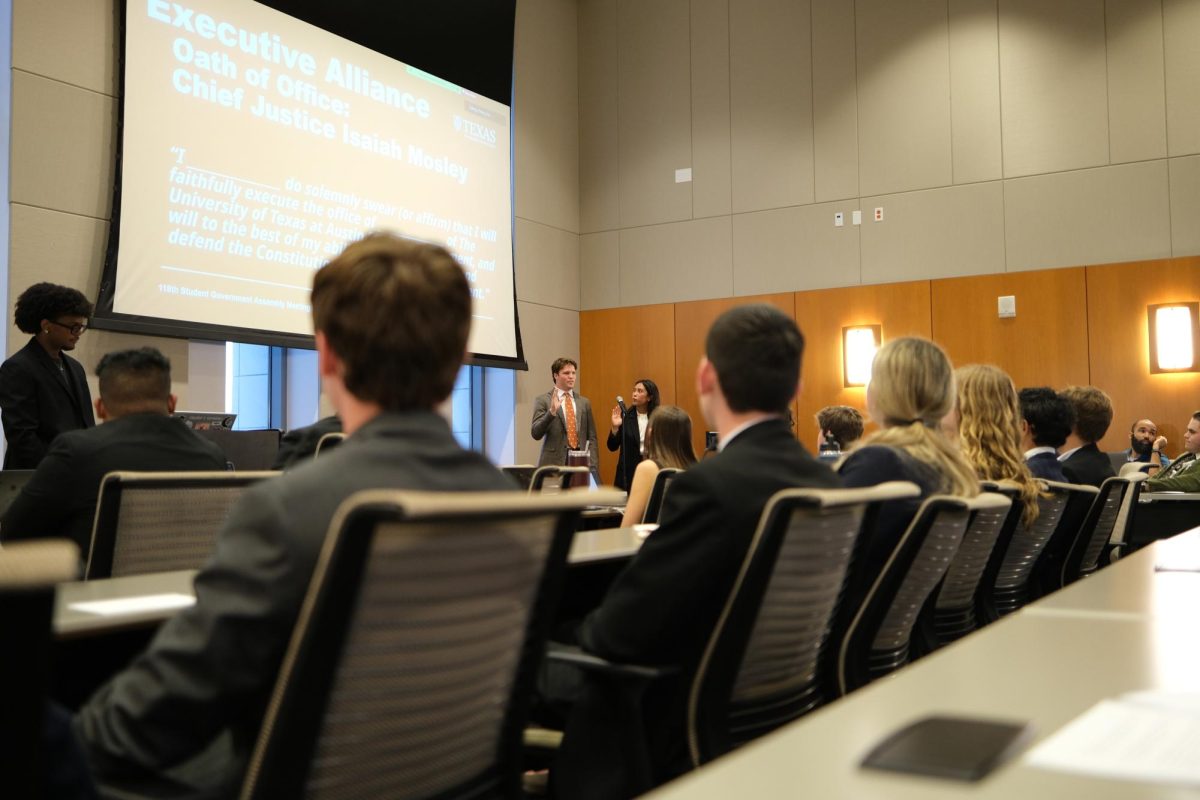After more than 200 tickets, multiple arrests and a three-year debate with Austin City Council members, Chris Nielsen’s electric cab company has turned a corner in what he calls a rollercoaster ride in gaining legal support for his company.
Council members approved the first writing of an ordinance Thursday that would allow Nielsen’s Electric Cab of Austin and other “electric-low speed vehicles,” which operate solely on electric power and can go up to 25 miles per hour, to operate within the downtown area.
The council must approve a second and third writing of the ordinance Oct. 20 before it goes into effect, but Robert Butler, marketing director for Electric Cab, said things are moving in the right direction and the endeavor has been worth fighting for.
“That’s really the fight here — whose city is it?” Butler said. “Does it belong to just a few people who are able to get into political power or does it belong to everyone?”
Butler said for the last few years Electric Cab received “vociferous” opposition from the council.
“It’s really just a matter of politics and who is given permission in the city to operate business downtown,” Butler said.
In May, voters elected place three councilwoman Kathie Tovo, who now co-sponsors the ordinance.
“The electric vehicles offer a good alternative for people who are downtown and want to go just a short distance without getting back in their car without walking,” Tovo said.
Nielsen said his initial idea for Electric Cab was to provide free rides and accept tips. The city currently does not allow electric-low speed vehicle drivers to accept tips, but Nielsen said the company generates some profit from advertising.
Nielsen said if the company was not undergoing so much legal trouble, they would be doing great financially. Prior to this year, council had not considered allowing electric-low speed vehicles downtown.
“Well, whenever we hit the road, we started getting pulled over,” Nielsen said. “And kept getting pulled over. At first the police just didn’t know what to make of it.”
After more than three years, Nielsen said he is ready to be legal and hopes to make a profit soon. He said he expects Thursday’s vote to go well.
“The council members are very apologetic for how long it took,” Nielsen said. “Obviously if this wasn’t a viable business and it wasn’t safe, it wouldn’t have survived all the controversy.”



















